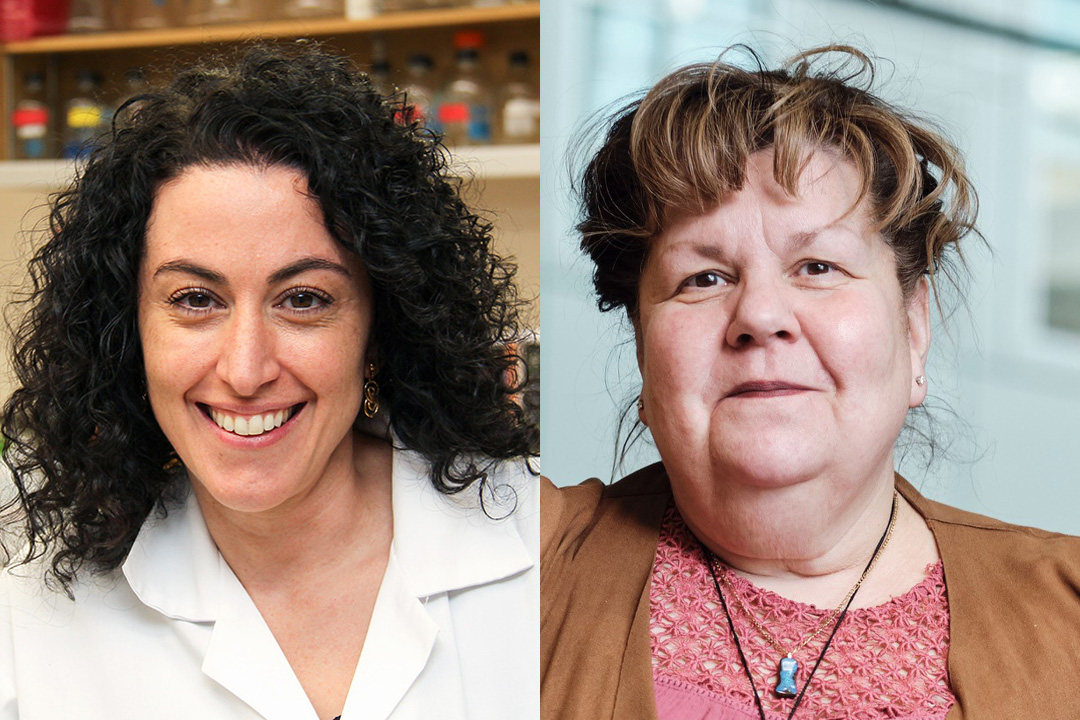
Upcoming conference on HIV and hepatitis C vital to addressing rising rates in Saskatchewan
Pewaseskwan - the Indigenous Wellness Research Group based in the University of Saskatchewan (USask) College of Medicine, is hosting the Sask Stories Provincial Conference on HIV and Hepatitis C Wise/Promising Practices on November 25 and 26, 2021.
The hybrid conference will take place at the Dakota Dunes Resort on the Whitecap Dakota First Nation, with the option of attending virtually by Zoom. The event will share knowledge about HIV and hepatitis C (HCV) programming in Saskatchewan. Free registration for the conference is now open.
The conference will feature activities that show cultural responsiveness and effectiveness in curbing the impact of HIV and HCV in the province. There will be presentations by Prairie Harm Reduction, Wellness Wheel and the Saskatchewan Infectious Diseases Care Network, among others.
Recent government statistics show that Saskatchewan experienced the highest provincial rate of new infection diagnosis for HIV at 14.9 per 100,000 people (over double the national rate of 6.9 new diagnoses per 100,000) and for HCV at 59.3 new cases per 100,000 people (nearly double the national rate of 31.7 new cases per 100,000 people). The conference is an opportunity for people to gather and share practices on HIV/HCV prevention, testing, linkage to care and Indigenous ways of knowing.
The conference comes at the completion of the Sask Stories project, a three-year resource development project (2019-2022) initiated by the Saskatchewan HIV and AIDS Research Endeavour (SHARE), with funding from the Public Health Agency of Canada and now hosted by pewaseskwan. The project is co-led by Drs. Linda Chelico and Alexandra King, both faculty in the College of Medicine at USask.
“We are grateful to the many hands that continue to carry communities through the challenges of HIV and HCV. With this conference, we intend to recognize and celebrate these efforts and inspire further sharing, learning and collaboration within this space,” said Chad Hammond, project lead for Sask Stories.
Sask Stories is creating a host of resources to support HIV/HCV practice development, implementation and evaluation. Some of the highlighted resources include a database of Sask-based HIV/HCV projects, programs and initiatives; a series of learning modules regarding HIV/HCV priorities in Saskatchewan; and a Two-eyed Seeing framework (bridging Indigenous and Western strengths) and toolkit for evaluating HIV/HCV practices. These resources will be promoted during the Sask Stories Conference and will be housed on the Sask Stories website: www.sask-stories.ca.

